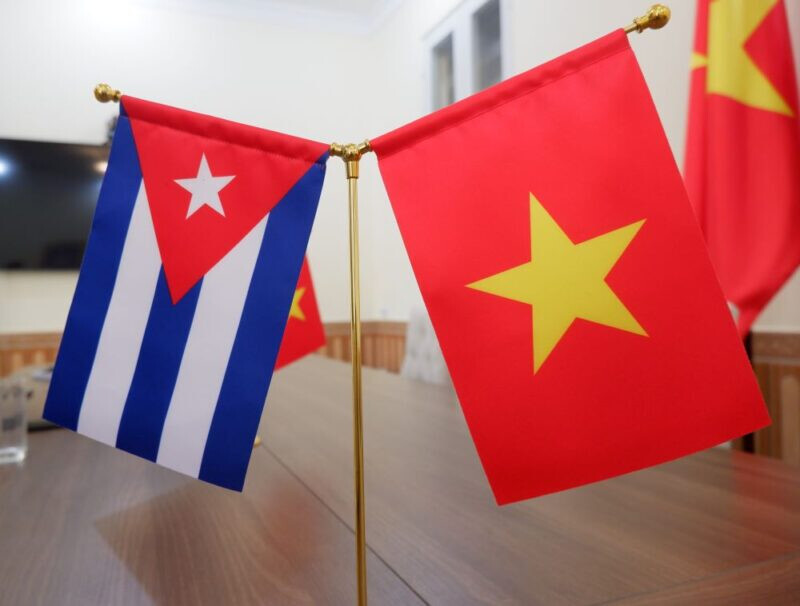
Marco Rubio's potential appointment as Secretary of State under a Trump 2.0 administration presents a complex challenge in navigating U.S. foreign policy toward Vietnam and Cuba. These two communist nations, while vastly different in their economic trajectories, share a resistance to democratic governance. Rubio, a staunch advocate for democracy and human rights, must carefully balance these principles with geopolitical realities to inspire change without destabilizing these nations.
Vietnam: A Geopolitical Balancing Act
Vietnam's economic rise, fueled by market reforms and global integration, has positioned it as a key player in the Indo-Pacific region. However, its political system remains authoritarian, with limited space for dissent. Rubio must recognize this duality and pursue a nuanced approach. While advocating for gradual political reforms, he must avoid alienating Hanoi and pushing it closer to China. Supporting civil society, independent journalism, and rule-of-law initiatives can serve as stepping stones towards greater openness. Simultaneously, Rubio should tie deeper economic engagement to measurable improvements in human rights and labor standards.
Cuba: A Humanitarian Crisis and a Path to Reform
Cuba's economic stagnation and humanitarian crisis have led to a mass exodus of its citizens. Rubio, a Cuban-American, must balance his desire for regime change with the need for immediate humanitarian relief and a more sustainable approach to reform. While targeted pressure is necessary, a policy of maximum pressure could destabilize the region and exacerbate the crisis. A combination of humanitarian aid, targeted sanctions relief, and support for the private sector can empower the Cuban people and pave the way for eventual democratic transition.
Navigating the U.S.-China Dynamic
Both Vietnam and Cuba are caught in the broader U.S.-China geopolitical rivalry. In Vietnam, the U.S. has an opportunity to deepen its partnership and counterbalance China's influence. This requires a comprehensive approach that includes economic, cultural, and security cooperation. In Cuba, the U.S. must prevent China from filling the void left by its own policies. By offering a more attractive alternative, the U.S. can encourage Cuba to pursue a path of economic liberalization and political reform.
A Pragmatic Approach to Principled Diplomacy
Rubio's success in Vietnam and Cuba will depend on his ability to combine principled advocacy with pragmatic diplomacy. While pursuing human rights and democratic values, he must also recognize the limits of external pressure and the importance of empowering local actors. By striking a delicate balance between idealism and realism, Rubio can shape a foreign policy that advances U.S. interests while promoting a more just and equitable world.
[Copyright (c) Global Economic Times. All Rights Reserved.]






























